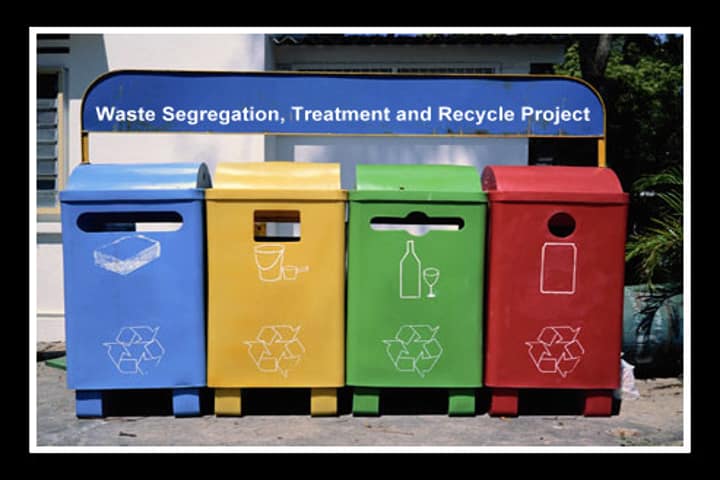While Munnar in Kerala is known for its scenic beauty and tea estates, it is also setting a sterling example for Swachh Bharat Mission for others to follow. The region has made segregation of waste at source a routine making its management easier and proper.
This practice is evident at the labour quarters where one can see different colour gunny bags – green, yellow, red and blue – placed outside each and every house. These are used by the people to separate their trash and put it accordingly. The waste is then collected and sent over to the panchayat authorities for processing at a facility in Kallar.
What makes this practice highly appreciable is that it has been followed by the residents for many years. The Kanan Devan Hill Plantations Ltd which owns the Munnar tea estates supports this effort. An official of KDHP told the media hat segregating waste at source has been practised successfully in all 92 divisions of Munnar’s tea estates.
The gunny bags with different colours are placed in front the quarters of the workers and are used to collect metal, plastic, bio-waste and glass waste. The biowaste is turned into compost and used for farms while the other waste is sent to the panchayat for recycling and proper disposal.
The local panchayat authorities also appreciate the effort on the part of the workers. Crediting them for being conscious about cleanliness, K.N. Sahajan, Munnar panchayat secretary said that the segregated waste received from the estates helps make the panchayat’s recycling efforts more effective.
Interestingly, the waste which is received by the local body from estates and villages is used for generating revenue. The organic fertiliser worth Rs.1 lakh made from 2,000 kilograms of biowaste is generated and sold in the market.
The fees charged from households, shops, and large hotels to pick up the segregated waste from the doorstep is used to pay the salaries of employees who are connected with collecting and disposing of them.




















